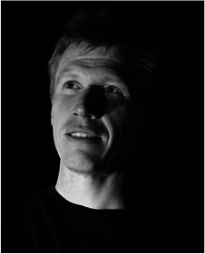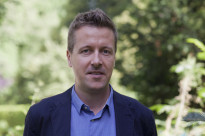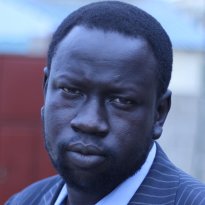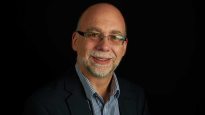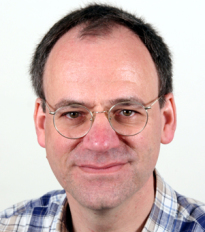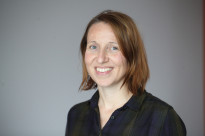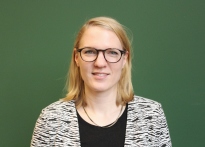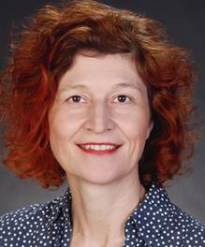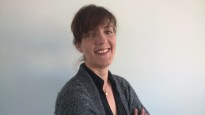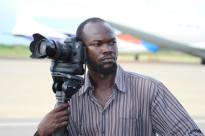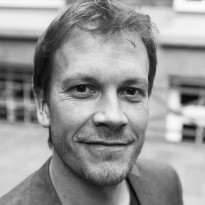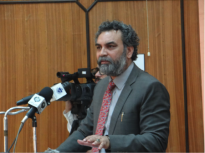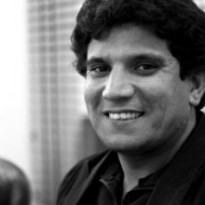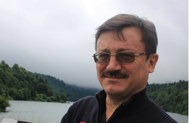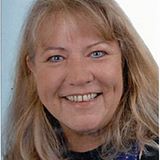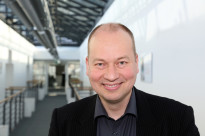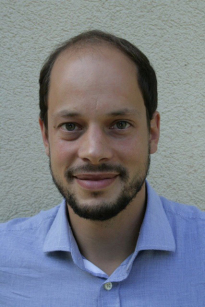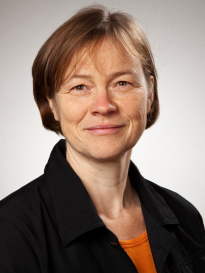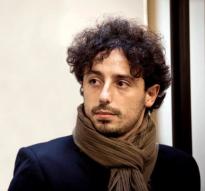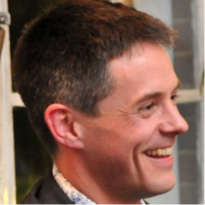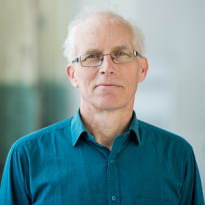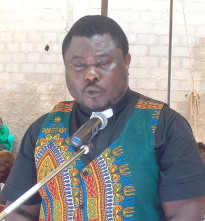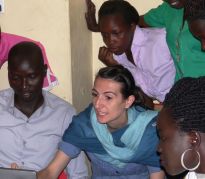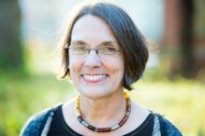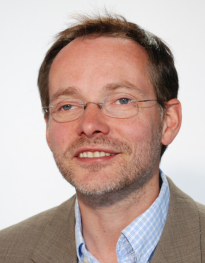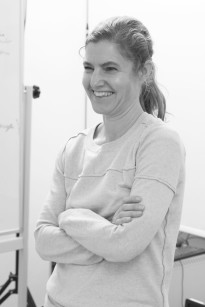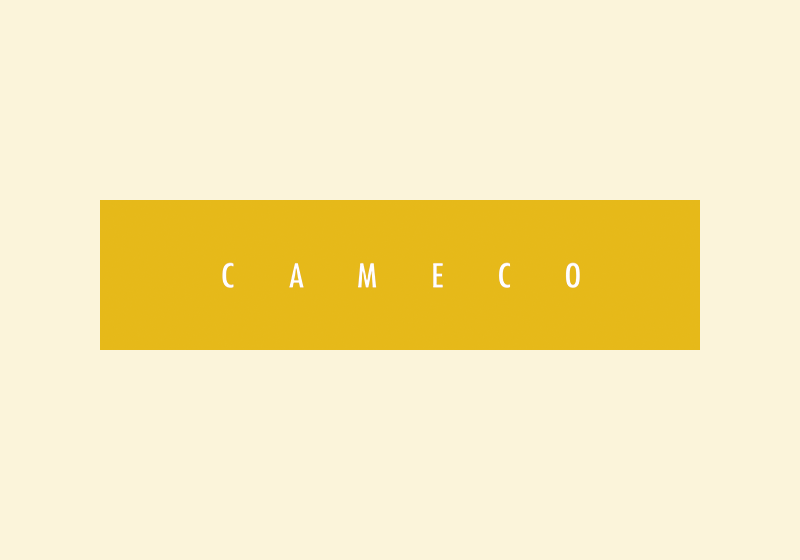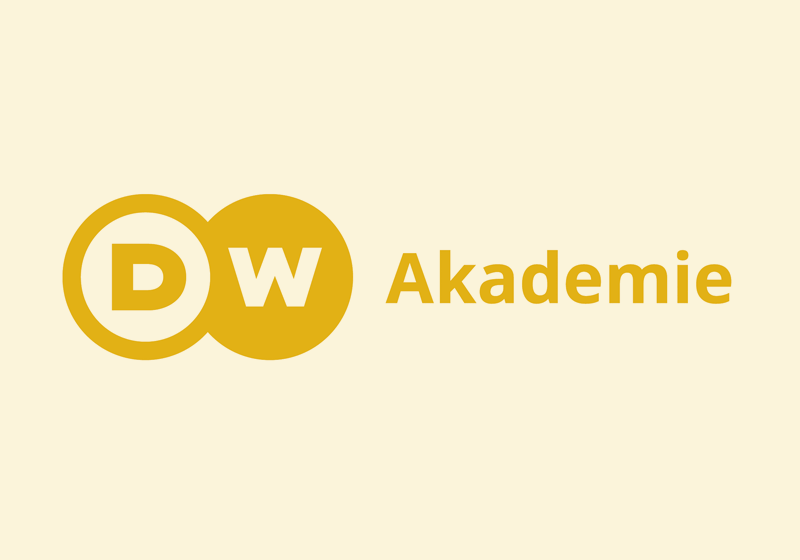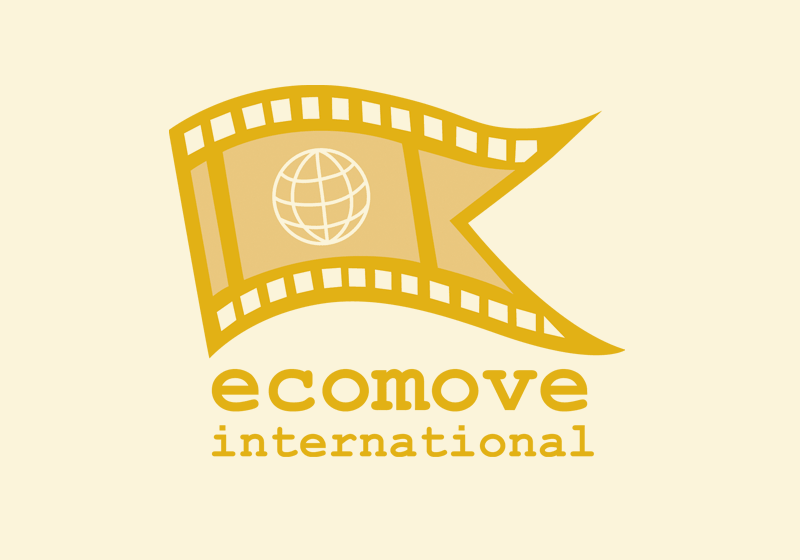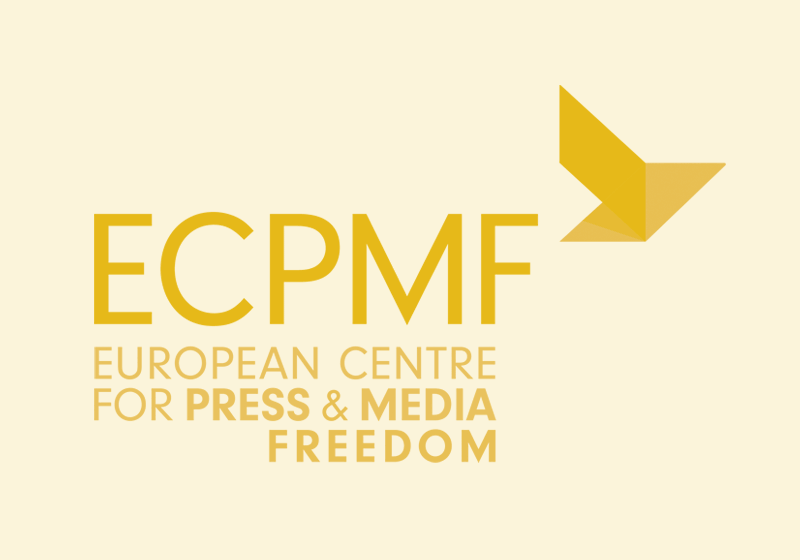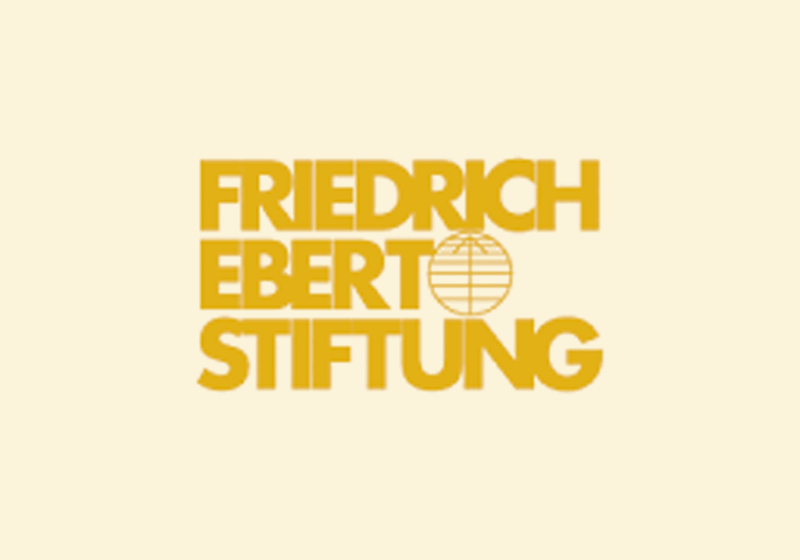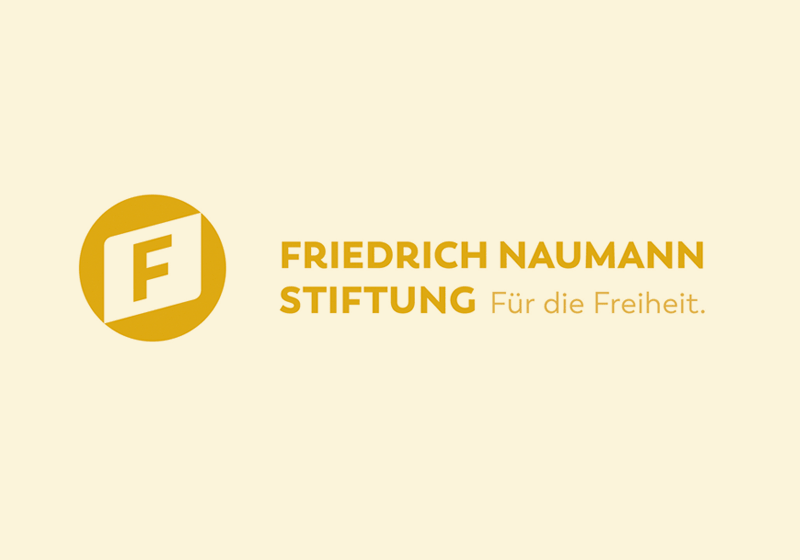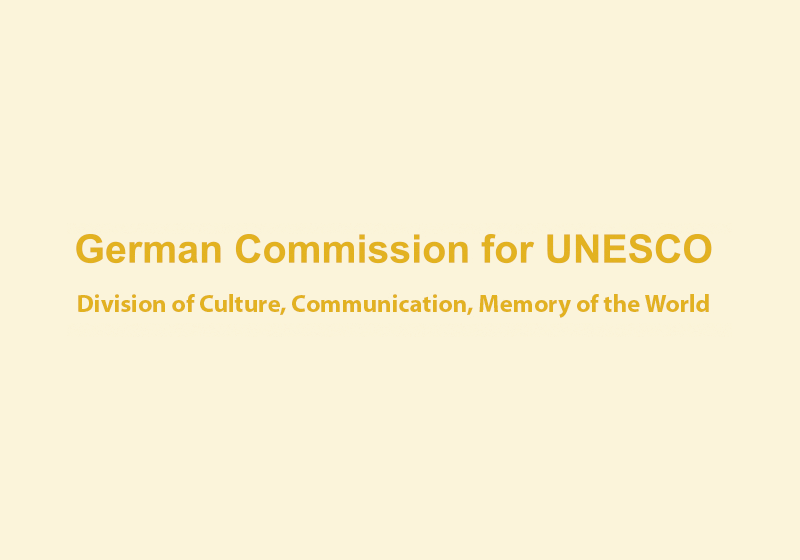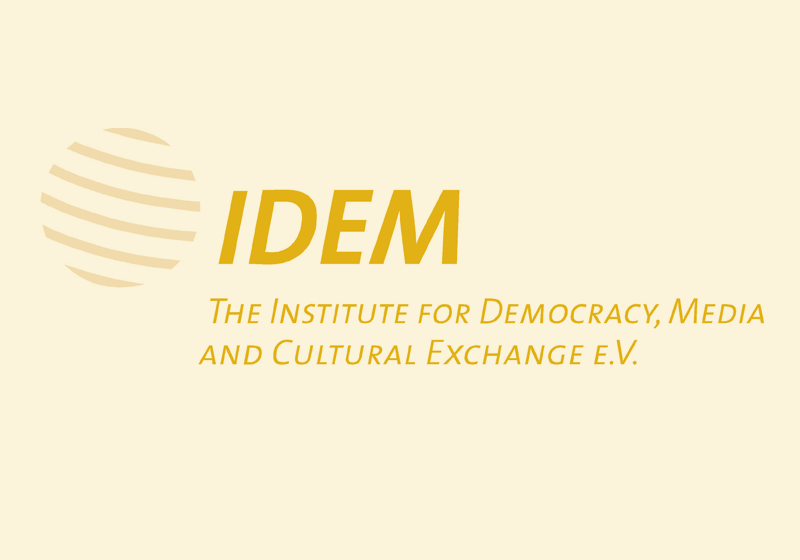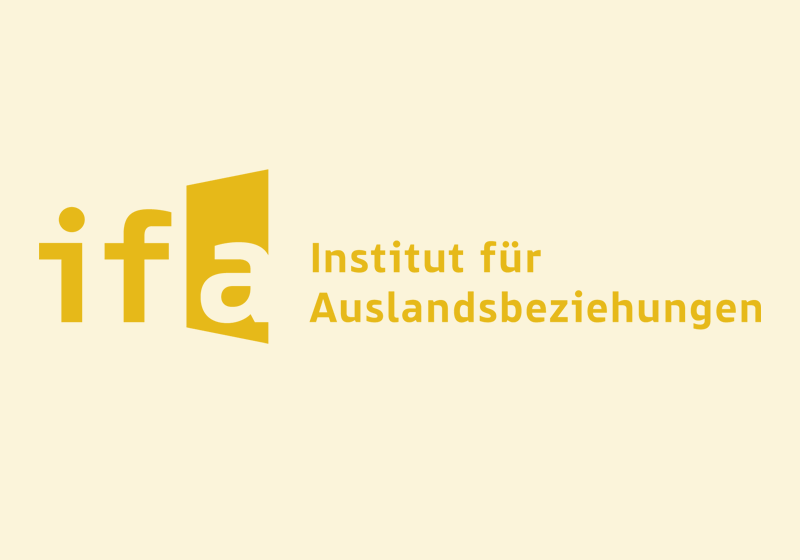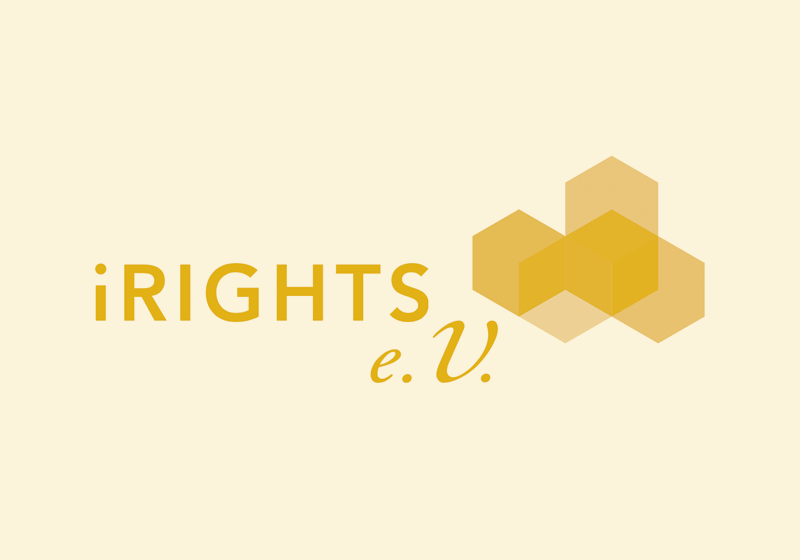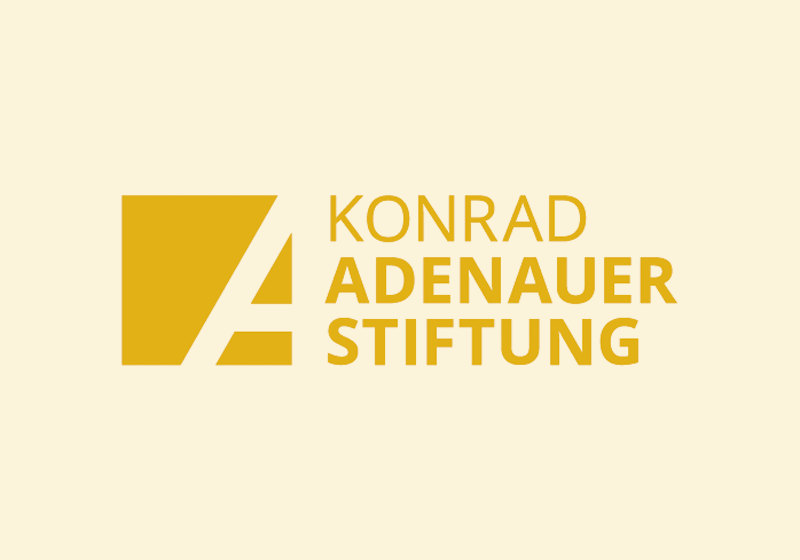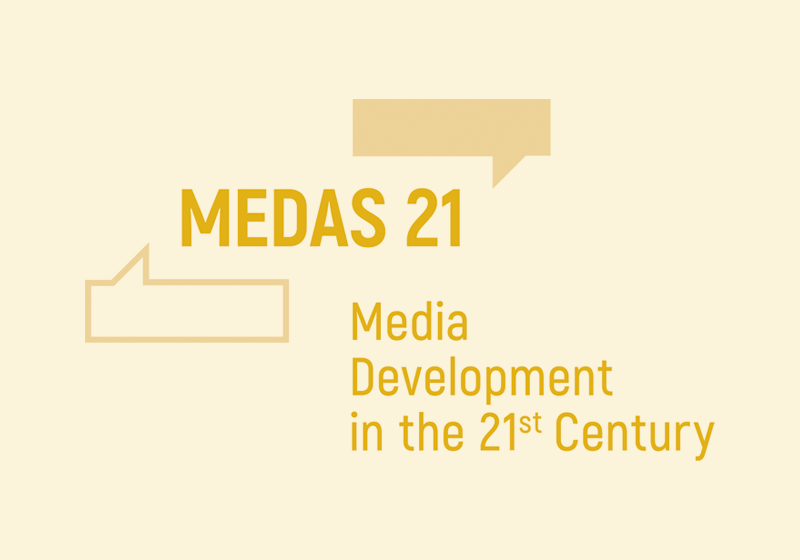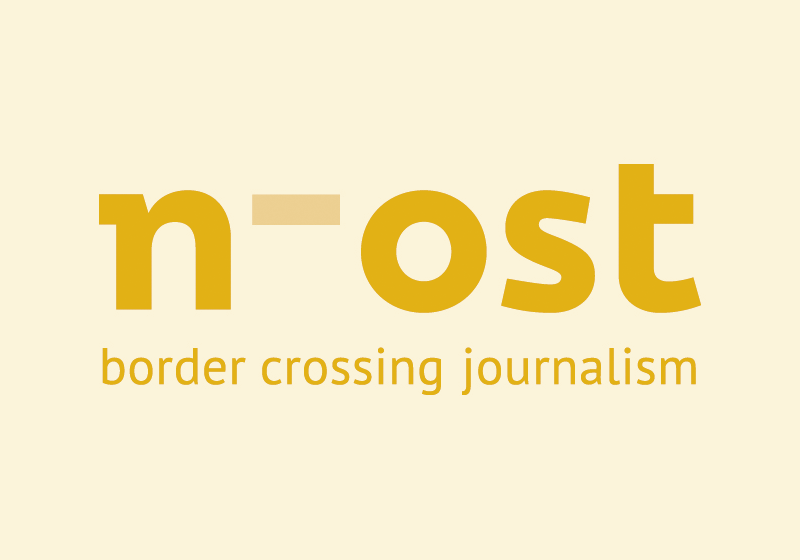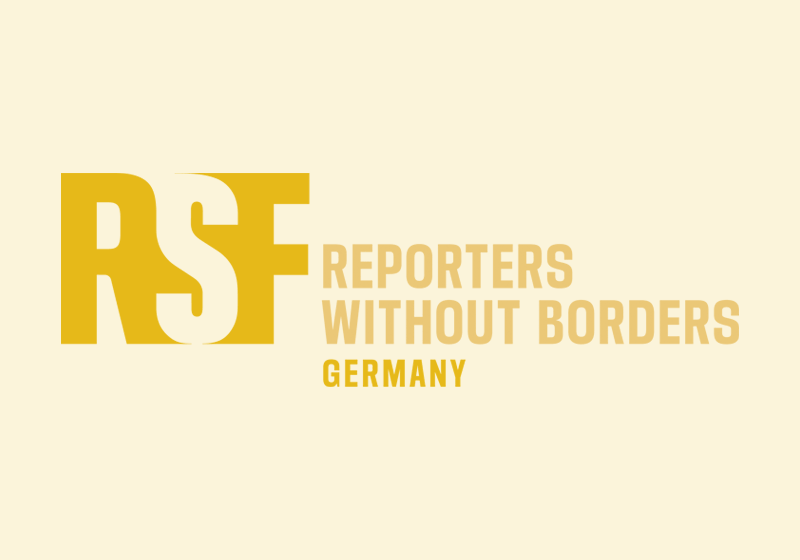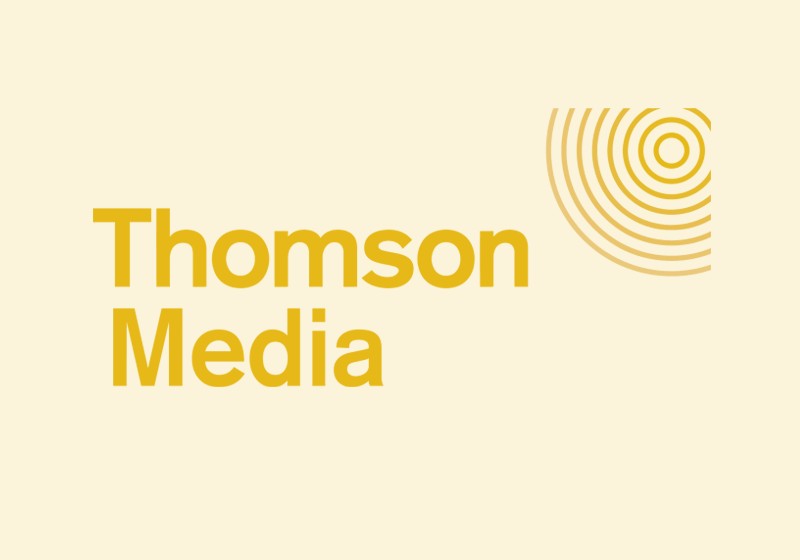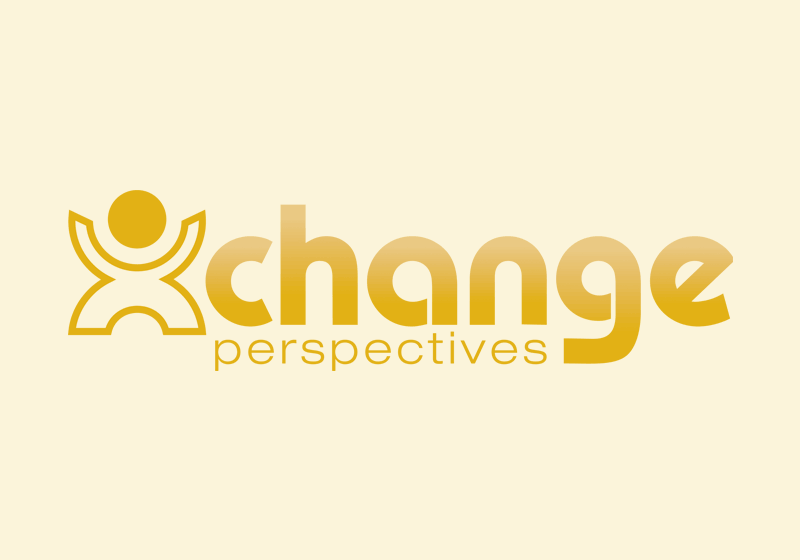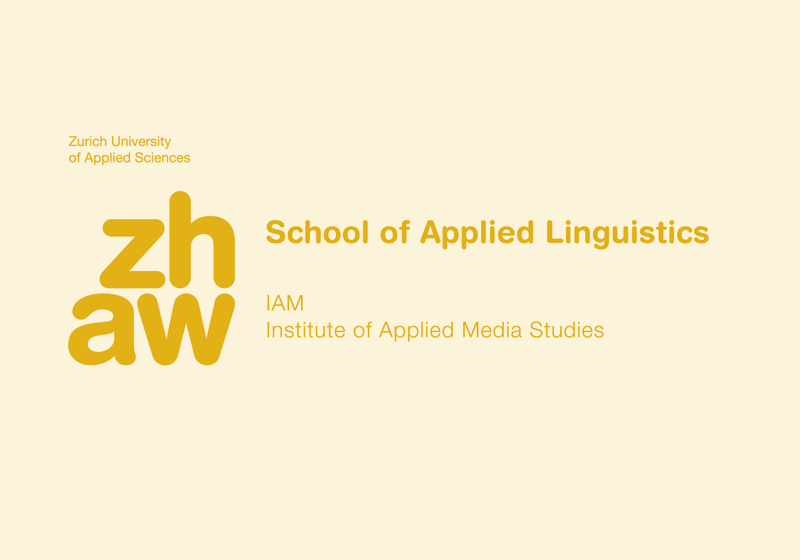Persons
Information about all speakers, contributors and moderators will be available in due course.
Ibrahim Alsragey is the director of the Iraqi Journalists Rights Defense Association (IJRDA), a non-governmental association concerned with enhancing freedom of journalism and providing legal support for journalists. He has written several essays about the conditions in Iraq as well as corruption and human rights files and also works as a consultant for the Iraqi press syndicate in the matter of media legislation in Iraq and as a trainer in the field of journalism and digital security. He is the leader of The Right of Access to Information law draft writing team. In 2006, he established the Free Journalists Legal Advice Law Office. He has repeatedly criticised government agencies in Iraq, which lead to him receiving many threats.
Ibrahim Alsragey will participate at the panel on “Safety and protection of journalists”.
Hanan Badr is a post-doctoral researcher at the department for political and social science at Free University Berlin. She is involved in the DFG-project “Media functions in Transitions”. Before that she was head researcher at the BMBF-funded Orient-Institut Beirut project “Media, Culture and Transformation”. Her research fields include international communication, comparative media systems, Islam and the media, journalism and public sphere with a focus on North Africa and Europe.
Hanan Badr will present her research at the panel “Challenges of media polarization in the context of (armed) conflict and fragile statehood”.
Recent publications:
Badr, Hanan (2016): Public Sphere, new media and political culture in post-revolutionary Egypt. In: Orient Institut Studies 4:1.
Badr, Hanan (2015): Limitations of the Social Media Euphoria in Communication Studies. In: Centre d’études et de documentation économiques, juridiques et sociales (CEDEJ), Égypte/Monde arabe, 13:3.
Badr, Hanan (2013): Battleground Facebook: Contestation Mechanisms in the Social Media in the Framing of the Egypt’s Revolution 2011. In: Berenger, Ralph (Ed.): Social Media Go to War: Rage, Rebellion and Revolution in the Age of Twitter. Spokane, Marquette Books.
Personal statement:
“Ever since the Arab uprisings in 2011, one question fascinates me most: How can media help overcome divisions and conflict in the radical polarized societies? The historic chance to reconcile the actors from politics and civil society seems gone now, but nevertheless the media still can play a crucial role in facilitating peace and inclusion.”
Chris Böhme, an electronic engineer by training, is the lead software architect and co-founder of Pinkmatter Solutions. In 1998 he started out in the field of network security and cryptographic appliances. He is currently involved in creating systems for natural language processing, big data mining, satellite image interpretation and information visualization. In 2007 he co-founded the startup Paterva where he architects the information collection and visualization tool Maltego. Maltego is widely used in intelligence and law enforcement for everything from social media mining to network analysis.
Chris Böhme will speak at the panel “Information verification and Open Source Intelligence”.
Nicolas Boissez is a Program manager at Fondation Hirondelle, which creates or supports independent news media in crisis and post-crisis areas. He previously worked for the French Foreign Affairs Ministry in Vietnam and in the Democratic Republic of Congo. He began his career as a journalist in France for the daily newspaper “Ouest-France”. At Fondation Hirondelle, he is in charge of developing, supporting and supervising several media projects: Studio Tamani, a news program produced in Bamako and broadcasted each day by 60 radios throughout Mali, Studio Kalangou, a similar news radio program in Niger, and media activities in the Côte d’Ivoire and in Ukraine.
Nicolas Boissez will participate at the panel on “Measuring impact in media projects in conflict/fragile contexts”.
Personal statement:
“As a developer and manager of media projects in developing countries and fragile states for more than 15 years, I believe in the role that independent information and professional journalism play in contributing to the resolution of crises and in supporting the development of more democratic societies. I am particularly interested in the strategies and methodologies to better explain and analyse the impact of journalism and independent news coverage in such contexts.”
Samir Bol is a South Sudanese independent journalist, photographer and publisher of The Mail newspaper and online portal. He began his career in Cairo where he served as an information officer for the nascent Government of Southern Sudan (GOSS), also working as a correspondent for numerous news outlets including the Khartoum Monitor, Alhaya and Aladwa. As South Sudan gained its independence in 2011, he, together with Hakim George, initiated Sudaneen Junabeen, a Facebook group that today has over 41 000 followers. More recently he has lectured at Juba University College of Community Studies and Rural Development in the Department of Communication Development. As a correspondent for the MICT-led project TheNiles.org as well as for #defyhatenow, an initiative mobilising civic action against hate speech and social media incitement to violence in South Sudan he actively promotes peace, freedom of expression and cultural diversity.
Samir Bol will share his experiences at the Practitioner Roundtable.
Jeffrey Conroy-Krutz is Assistant Professor in the Department of Political Science at Michigan State University, where he began working in 2009. His research focuses on political decision-making, particularly surrounding elections, and mass media in Sub-Saharan Africa. He has conducted fieldwork for various research projects in Cote d’Ivoire, Ghana, Senegal, and Uganda.
Jeffrey Conroy-Krutz will speak at the panel on “Measuring impact in media projects in conflict/fragile contexts”.
Recent Publications:
Conroy-Krutz, Jeffrey/Moehler, Devra (forthcoming): Partisan Media and Engagement: A Field Experiment in a Newly Liberalized System. Political Communication
Conroy-Krutz, Jeffrey/Moehler, Devra (2015): Moderation from Bias: A Field Experiment on Partisan Media in a New Democracy. Journal of Politics 77:2, pp. 575-587.
Personal statement:
“I am interested in developing and implementing strategies for measuring the impacts of media access and broadcast programming in the developing world.”
James Deane is Director of Policy and Learning at BBC Media Action. Before joining BBC Media Action in 2007, he spent 20 years at Panos, helping set it up and eventually became its Executive Director. At Panos, his focus was first on environment issues such as climate change, desertification and tropical forests and later on HIV in Africa and elsewhere in the developing world. Now he oversees the Research and Learning team and the Advisory and Policy team at BBC Media Action, which both try to ensure the work of the organisation is evidence based, rigorous and impactful.
James Deane will join the panel “Challenges of media polarization in the context of (armed) conflict and fragile statehood”.
Personal statement:
“A large part of my job is to act as a bridge between the organisation and the outside world, ensuring that we help inform thinking, policy and practice and – just as important – that the best thinking and practice informs our work.”
Christoph Dietz is deputy executive director of CAMECO, a consulting for faith-based and community media in the Global South, where he manages projects from Latin America. Based on over 20 years of experience in media development, he puts special emphasis on nonprofit media sustainability and audience research. Christoph is the coordinator of the FoME network, and he runs a documentation center on media landscapes and media development in Africa, Asia and Latin America with more than 12,000 titles.
Christoph Dietz will facilitate the Practitioner Roundtable.
Recent publications:
Dietz, Christopher/Myers, Mary/Frère, Marie-Soleil (2014): “International Media Assistance – Experiences and Prospects”, Special Issue of Global Media Journal (German Edition) 4:2.
Veronika Divišová is the Head of Strategic Partnership at Sourcefabric As such she facilitates international media development partnerships and projects in cooperation with technologists, news organisations and NGOs worldwide. She has been with Sourcefabric for five years and helped to outline the organisation’s media development strategy. She assists in the creation of She has also managed a tech support project for independent online news organisations in Azerbaijan, and a youth online radio network in Armenia, Azerbaijan and Georgia. She has a background in political science and linguistics. Before joining Sourcefabric, she worked for more than ten years in international humanitarian aid, human rights support and civil society development.
Veronika Divišová will present her work during the Media Development Coaching Sessions.
Ines Drefs is a Research Associate in the MeCoDEM research project. Her research activities are currently focused on: Journalism, Media and Democratization, Political Communication, and (Online) Deliberation. (Photo: Alison Haywood)
Ines Drefs will speak at the panel on “Facing ethical dilemmas: Journalists and media development actors in conflict societies”.
Recent publications:
Drefs, Ines/Thomass, Barbara (2016): Policy brief: Supporting journalism in conflict societies. MeCoDEM Working Papers.
Drefs, Ines/Thomass, Barbara (2015): Literature review: research findings about organisations engaging in media assistance in the fields of journalism training, civil society support, and good governance. MeCoDEM Working Papers.
Drefs, Ines (2014): Ten Years That Shook the Media World: Big Questions and Big Trends in International Media Developments (Book Review). In: Digital Journalism 2:1, pp. 121–23.
Personal statement:
“One question has always been central to my research ambitions: How can media contribute to democratisation? The projects I am involved in tackle this question. My aspiration is to help making their findings meaningful on the ground.”
Stefanie Duckstein is lecturer and advisor at the Department of Media and Communication at the Royal University of Phnom Penh in Cambodia. She is sent by the German Development Organisation GIZ and Civil Peace Service (CPS), an organisation whose objectives are the prevention of violent conflicts in countries worldwide. She is a broadcast journalist and media trainer and has worked as editor and reporter producing radio, video and multimedia stories primarily for the Africa Department of Germany`s international broadcaster Deutsche Welle. She also trains journalists for DW Akademie. Her assignments brought her to a number of post-conflict countries like Sudan, Liberia, Uganda or Cambodia.
Stefanie Duckstein will join the Practitioner Roundtable.
Indira Dupuis is senior researcher in the project “Media Functions in Transition” (http://mft.project.org) at the Institute for Media and Communication studies, Free University Berlin. Before she worked at the institute for Media Sciences at Ruhr-University Bochum. Until she entered the academic world she worked in different positions in the media sector, among others in news broadcasting.
Indira Dupuis will facilitate the keynote speech.
Friederike von Franqué is chairperson of the board at the Institute for Democracy, Media and Cultural Exchange (IDEM e.V.), a media assistance organisation she co-founded in 2009. She holds a PhD in political sciences from the Institute for Security and Peace Research at the University of Hamburg (IFSH), focusing on external effects on democratisation processes, in particular media development and the role of media structures on democratic stability, peace and conflict. Recent involvements include data security, journalist protection and the role of media concerning violent extremism.
Friederike von Franqué will facilitate the panel on “Information Verification and Open Source Intelligence”
As a freelance journalists and social media activist, Hakim George is committed to seeing journalism and social media in South Sudan being used for positive change. In collaboration with Samir Bol, he manages the largest online South Sudanese youth community, Sudaneen Junabeen, which they founded on Facebook in 2011. Since the outbreak of conflict in December 2013, He has travelled to some of the most conflict affected areas of the country, including Bentiu and Malakal to document the conditions of local citizens in order to share accurate and reliable information with the global community. Hakim leads the #defyhatenow social media correspondents team in helping to counter social media incitement to violence, and has worked as a freelancer for Reuters, UNESCO, South Sudanese Artists for Peace, Save the Children, SOS South Sudan, Africa Educational Trust and Free Press Unlimited.
Haki George will join the Practitioner Roundtable.
Bettina Haasen has been a PhD fellow at the School of International and Intercultural Communication (SIIC) in Dortmund since July 2014. After studying African Languages and Political Sciences at the Universities of Cologne, Hamburg and Paris (1991-1997), she worked as documentary filmmaker and producer (1997-2010). Bettina qualified as peace adviser at the Academy for Conflict Transformation in Bonn before as accepting a post as coordinator of a journalistic educational programme in a German peacebuilding project in Burundi (2011-2014). Her PhD Project is entitled: “Between advocacy and manipulation – journalism culture in political transformation contexts: Professional settings, roles and actions. The Case of Burundi’s 2015 Electoral Campaign”.
Bettina Haasen will participate in the Media Developement Coaching Sessions.
Recent publications:
Haasen, Bettina (2015): Burundi: Der trügerische Frieden. In: Blätter für deutsche und internationale Politik. 09:2015, pp. 21-24.
Delphine Halgand has been working as the Director of the US office for Reporters Without Borders (RSF) since December 2011. She runs the US activities for the organization and advocates for journalists, bloggers and media rights worldwide. Acting as spokesperson in the US, she regularly appears on US and foreign media and lectures at conferences at Harvard, UCLA, Yale, Columbia etc. on press freedom violation issues. She previously served as Press attaché in charge of outreach at the French Embassy to the US. After graduating from Sciences Po Paris with an M.A. in Journalism, she started her career s an economics correspondent for various French media (Le Monde, Les Echos, L’Express), focusing mainly on international politics and macroeconomic issues.
Delphine Halgand will join the panel on “Safety and protection of journalists”.
Esben Q. Harboe is a Programme Manager with International Media Support (IMS) covering programme activities in Asia and Latin America. He is currently heading a global safety project aimed to connect the global efforts and emerging best practices in the area of the safety of journalists, through research, sharing of best practices and targeted capacity support of local safety mechanism in seven countries.
Esben Harboe will participate at the panel “Safety and protection of journalists”.
Pierre Hazan is an Associate Professor at the Academy of Journalism and Media at Neuchatel University. He also works with Fondation Hirondelle, an organisation aiming to support independent, civic-minded news media in conflict, post-conflict and crisis zones. He serves as the editorial advisor of justiceinfo.net and is a special advisor in Transitional Justice with the the Centre for Humanitarian Dialogue.
Pierre Hazan will speak on the panel on “The role of media in transitional justice and reconciliation”.
Recent publications:
Hazan, Pierre (2016): The trial of Hissène Habré: a pivotal case for international justice in Africa, pub. at pierrehazan.com
Hazan, Pierre (2010): Judging War, Judging History: Behind Truth and Reconciliation. Stanford University Press
Hazan, Pierre (2010): Transitional Justice after September 11: A New Rapport with Evil, in: Localizing Transitional Justice, pp. 49 – 68, Stanford University Press.
Personal statement:
“Since I covered the wars of Former Yugoslavia and the aftermath of the genocide in Rwanda, I have been asking myself the same questions: how do individuals and societies deal with their tragic past? How does one rebuild a more inclusive personal and collective identity? I believe that justice and media play a key role in creating the conditions for a more peaceful future in divided societies. That is why I committed myself to contribute linking the right to justice with the right to information.”
Altaf Ullah Khan is Professor and Chairman at the Department of Journalism & Mass Communication, University of Peshawar (UoP). He is the director of Independent Project Reporting (IPR), a joint initiative between GIZ, the FATA Development Programme (FDP) and the University of Peshawar. In addition, he coordinates the Competence and Trauma Centre for Journalists (CTCJ) at UoP. This initiative is being carried out in collaboration with DW Akademie, Germany.
Altaf Khan will join the panel “Facing ethical dilemmas: Journalists and media development actors in conflict societies”.
Recent publications:
Khan, Altaf Ullah (2011): News Media and Journalism in Pakistan. LAP Lambert.
Khan, Altaf Ullah (2011): Reporting the Frontier. VDM.
Khan, Altaf Ullah (2011): The Afghan Beat: Pukhtoon Journalism and the Afghan War. In: Globalizing Afghanistan. Duke University Press, pp. 79-95.
Personal statement:
“My interest lies in development journalism and working conditions as well as the ethical problems of media and journalism in Pakistan. Being a society in transition and the centre of world conflicts at the same time, Pakistan needs more and more knowledge to make things better in the media system in the country. At the same time, there is need to give Pakistani journalism its space in world forums. The present interaction serves two purposes: it gives a glimpse of Pakistan to the world, both the transitional and the developed. At the same time, it is a great opportunity to learn and know some solutions to the problems Pakistani media is facing.”
Qassim Khider heads the office at the Media Academy Iraq in Erbil, Iraqi Kurdistan. He consults with local media organizations and manages training or media consultancy services as needed. Previous to working with MiCT, Khider was a reporter at the local English language newspaper, Kurdish Globe. He has also worked as a media consultant for a number of international companies and NGOs in Iraqi Kurdistan. Given the current situation, his work has lately focused on questions of how journalists can help to stabilize the conflict-torn region and helf refugees and Internally Displaced Persons (IDPs) who are coming to Erbil from Syria and Iraq.
Oleg Khomenok, Senior Media Advisor of Internews Network, Global Investigative Journalism Network (GIJN) Board of Directors member, has above 20 years of experience in journalism, media education, and managing investigative reporting and media support projects in the post-Soviet media environment. During the past decade he conducted several dozens of trainings for journalists in post-Soviet countries. Coordinating the Award winning project YanukovychLeaks.org, Oleg together with a team of Ukrainian reporters organized tens of thousands of financial documents from the former Ukrainian president, rescuing and publishing them online.
Oleg Khomenok will speak at the panel on “Information verification and Open Source Intelligence”.
Personal statement:
“In crises and times of political tensions, the importance of precise facts becomes invaluable. Verified information can help to prevent violence and resolve the conflict, but providing it might be the toughest task for reporters. That is why the ability to systematically verify information under time pressure and in difficult circumstances is so important for journalists and media development organisations.”
Sofie Jannusch is responsible for Asia and Eastern Europe at CAMECO, a consultancy for media and communications in Asia, Africa, Latin America, Eastern Europe and the Pacific. She has a background in journalism and communication research and a cross-regional specialisation on evaluation, quality management, organisational development, and planning of customised training.
Sofie Jannusch will facilitate the Media Development Coaching Sessions.
Recent publications:
Jallov, Birgitte /Jannusch, Sofie (2015): Sustainable Radio – Sustainable Radio – Radio Sostinible – Radio Viable. Summary of the online debate. Aachen.
Jannusch, Sofie (2014): Reflections on a two week global LinkedIn debate: Community participation for radio financial sustainability. GLOCAL TIMES 21:2014.
Jan Lublinski is head of the research and evaluation department at DW Akademie. He is an expert in monitoring and evaluation frameworks in media development projects. His special interest is in organizational development, newsroom research and science journalism.
Jan Lublinski will facilitate the panel “Facing ethical dilemmas: Journalists and media development actors in conflict societies”.
Recent publications:
Lublinski, Jan/Meuter, Sacha/Nelson, Mark (2015): Development Agenda: Considering the Dark Side of the Media. Discussion Paper. DW Akademie.
Lublinski, Jan/Spurk, Christoph et al. (2015): Triggering Change – How investigative journalists in Sub-Saharan Africa contribute to solving problems in society. In: Journalism: Theory, Practice and Criticism.
Lublinski, Jan et. al. (2014): Windows of Opportunity – The Transformation of State Media to Public Service Media in Kyrgyzstan, Mongolia, Moldova and Serbia. In: Global Media Journal 4:2.
Personal statement:
“A key question for me in media development is: How can we best combine different approaches from consultancy, research and evaluation – in order to improve our work and its effects. Especially in fragile contexts it is crucial to closely work with our partners and jointly explore new paths.”
Jad Melki is associate professor of Journalism and Media Studies and chairperson of the Department of Communication Arts at the Lebanese American University in Beirut. He also is a faculty member at the Salzburg Academy on media & global change. His research is at the intersection of digital media literacy, media and war, and gender studies, and focuses on Arab media and journalism education.
Jan Melki will speak at the panel “Challenges of media polarization in the context of (armed) conflict and fragile statehood.”
Recent publications:
Melki, Jad (2015): Media Literacy Offers the Arab World a Way Forward. Al-Fanar.
Melki, Jad (2014): Lebanon. In: Freedom on the Net, Freedom House.
Sacha Meuter is legal advisor and research coordinator at Fondation Hirondelle, which creates and supports independent news media in crisis and post-crisis areas. For the past ten years, he has given legal advice and pursued academic research on the specific topic of media partnerships between Fondation Hirondelle and United Nations Peacekeeping operations. These partnerships have led to the creation and management of major local media actors such as Radio Okapi in DR Congo, and Radio Miraya in South Sudan. As fellow at the Centre for Freedom of the Media (CFOM), University of Sheffield, he designs a multidisciplinary research project aimed at analysing the adaptability of public service media standards to UN Peacekeeping environments.
Sascha Meuter will share his experience in the Media Development Coaching Sessions.
Recent publications:
Lublinski, Jan/ Meuter, Sacha/ Nelson, Mark (2015): “Development Agenda: Considering the Dark Side of the Media” pub. at Deutsche Welle Akademie #mediadev
Meuter, Sacha (forthcoming): Briefing paper “Media and society in the digital age: Rethinking the normative ideals” pub. at Deutsche Welle Akademie #mediadev
Meuter, Sacha /Polyák, Gabor (forthcoming): Briefing paper “Successfully implementing media law: some recommendations” pub. at Deutsche Welle Akademie #mediadev
Masoud Momin is a media trainer at the Mediothek Afghanistan since 2011. Before that he worked as media trainer with Nai Supporting Open Media in Afghanistan and also with Government Media & Information Center (GMIC). He has been working as a journalist with MiCTs project Afghanistan Today. Furthermore, he has conducted peace journalism workshops for Afghan journalists in Kabul and other provinces of Afghanistan in order to train them how to cover the conflict and sensitive issues in a professional manner, as well as compiled and translated books on Peace Journalism, Peace Reporting in the Election Process and Public Relations for Civil Society Organizations.
Masoud Momin will join the Practitioner Roundtable.
Recent publications:
Momin, Masoud (2016): Media Relations for the Civil Society Organizations. Mediothek Afghanistan.
Momin,Masoud (2014): Peace Reporting in the Election Process. Mediothek Afghanistan.
Momin, Masoud (2013): Peace Journalism. Mediothek Afghanistan.
Personal statement:
“In my peace journalism workshops, I always tell Afghan journalists: If you want to give hope to the Afghan people about the future, apply the principle of peace reporting in your daily reports.”
Roger Niyigena is the Project Coordinator and General Secretary of Ejo Youth Echo (EYE). Besides, he is the chief editor of EJO, a youth program broadcast on the Voice Of America. The organisation works in the field of conflict sensitive journalism, reconciliation and conflict transformation in Rwanda and the Great Lakes region. EYE cooperates with journalists and radios in Goma. Before joining EYE in 2014, he worked as programme chief editor for the youth radio programme Heza.
Roger Niyigena will speak at the panel “The role of media in transitional justice and reconciliation”.
Recent publications:
Niyigena, Roger (2015): Views of parents and youth on heritage and the law of succession in the Great Lakes region.
Niyigena, Roger (2015): Talent-cultivation in the development of youth in the Great Lakes region.
Niyigena, Roger (2014): VAS-Y: Enhancing freedom of expression in the Great Lakes region.
Personal statement:
“I am always happy to meet new people from different backgrounds, discuss and give them a space to share their views in media. I believe in journalism because it gives a voice to young people and is a tool that can contribute to a fairer and more peaceful society. I am always impressed about how passionate people can be in striving for equality and justice.”
Carola Richter is assistant professor for international communication at the department for political and social science at Free University Berlin. Her research focuses on Media systems and communication cultures in the Middle East, Asia and Africa, Communication strategies of social movements, in particular Islamist movements, Media and political transformation, Media and migration, Muslims in the media, Media and religion and Foreign news coverage.
Carola Richter will join the panel on “Challenges of media polarization in the context of (armed) conflict and fragile statehood.”
Recent publications:
Richter, Carola (2013): Libyan Broadcasting under al-Qadhafi: The Politics of Pseudo-Liberalization. In: Guaaybess, Tourya (ed.): National Broadcasting and State Policy in Arab Countries. Houndmills: PalgraveMacmillan, pp. 150-165.
Richter, Carola (2012): Media and Journalism under Gaddafi. In: MICT (ed.): Reinventing the Public Sphere in Libya. Observations, portraits and commentary on a newly emerging media landscape, pp. 62-63.
Richter, Carola (2011): Medienstrategien ägyptischer Islamisten im Kontext von Demokratisierung. Frank & Timme.
Personal statement:
“Media can have an empowering as well as a devastating role, especially in transitional societies and fragile states. We need to learn more about the factors that push media in one or the other direction. My research in Arab countries has brought me across best and worst practices and I wish to share some of my thoughts in particular on ownership structures in order to help shape media assistance.”
Isabel Rodde is a human rights adviser at Deutsche Gesellschaft für Internationale Zusammenarbeit (GIZ), focusing on freedom of expression and access to information. Before joining GIZ´s Human Rights Programme, she worked as a research associate at the media department of the University of Flensburg. From 2005 to 2008 and from 2011 to 2013 she worked as a journalism trainer and media monitoring adviser with the Civil Peace Service in Cambodia and Kenya.
Isabel Rodde will facilitate the panel “The role of media in transitional justice and reconciliation”.
Maria Teresa Ronderos is the Director of the Program on Independent Journalism at the Open Society Foundations in London. The program aims to support a free and safe environment for journalism to flourish, while seeking to strengthen investigative reporting, innovative and quality information collected under difficult conditions, and knowledge sharing in the field. Before joining OSF in 2014, she served in a range of senior editorial roles at Semana, Colombia’s leading news magazine. Together with the Ideas for Peace Foundation, she created and was editor in chief at VerdadAbierta.com, a website that has covered armed conflict in Colombia since 2008.
Maria Teresa Ronderos will participate at the panel on “The role of media in transitional justice and reconciliation”.
Recent publications:
Ronderos, Maria Teresa (2014): Guerras recicladas. Una historia periodística del paramilitarismo en Colombia. Aguilar.
Personal statement:
“Good independent journalism that learns how to dialogue with the community it serves can spark the right debates indispensable for any democracy-aspiring society. My experience as a journalist in Colombia tells me this is even more valid in countries at war or in violent conflict.”
Andrea Scavo is a researcher in social and economic areas with a PhD in Political Science. He worked in academic departments and research institutes in Italy, Germany and the United Kingdom. He is currently working as Quantitative Research Manager at BBC Media Action, where he advises on the design and implementation of large-scale quantitative surveys across multiple countries and other research techniques such as use of quasi-experimental design. Previously, his research activities focused on the analysis of policy networks in the field of local development and the EU policy in the fields of international trade and labour rights.
Andrea Scavo will speak at the panel about “Measuring impact in media projects in conflict/fragile contexts”.
Recent publications:
Scavo, Andrea/Snow, Chris (2016): Political Participation and the Role of the Media. BBC Media Action Research Report.
Scavo, Andrea (2015): Governare le reti. La Multi-Network Governance. Franco Angeli.
Scavo, Andrea (2014): Il ratto di Europa. La battaglia globale della nuova sinistra europea. Ediesse.
Personal statement:
Lately my research interest focused on cross-sectional analysis of the impact of media interventions on levels of political engagement. I am particularly interested in developing a methodologically rigorous approach to the analysis of multi-country datasets, especially in relation to latent constructs such as political knowledge or efficacy.
Christian Schulte has been working with community radio stations in East Africa (Sudan, Ethiopia & South Sudan) since 2005. As a member of the program Civil Peace Service (ZFD) of AGEH in Timor-Leste, he is currently supporting a local radio station in South-East Asia’s youngest nation to develop and implement suitable approaches of peace journalism. Over the years, the radio journalist and sociologist was responsible for establishing and coaching more than 10 radio stations within developing and post-conflict settings. Following a holistic approach of community empowerment, his work usually includes not only journalistic capacity building, but also technical, organisational, financial and social aspects.
Christian Schulte will participate at the Practitioner Roundtable.
Personal statement:
“I strongly believe that FM radio is still one of the most powerful tools to support community empowerment and development in a participatory way – especially in a developing or post-conflict context. But to ensure the overall sustainability of such vital projects, we have to rethink many of the approaches, we are currently using to support them.”
Chris Snow is Governance Research Manager at BBC Media Action. His research activities include formative and evaluative research around governance programmes across Africa, Asia and the Middle East. Recently he has been working on the media’s role in accountability and improved state-society relations. Previously, he worked in Afghanistan with a number of local research organisations on conflict and governance issues and with the UK’s Stabilisation Unit as a conflict advisor.
Chris Snow will speak at the panel “Measuring impact in media projects in conflict/fragile contexts”.
Recent publications:
Scavo, Andrea and Snow, Chris (forthcoming): Political Participation and the Role of the Media. BBC Media Action Research Report.
Snow, Chris/Taylor, Will (2015): Media, Discussion and Attitudes in Fragile Contexts. BBC Media Action Research Report.
Personal statement:
“My research interests are focussed on peace, conflict and state-society relations, in particular the role of the media in fragile and conflict-affected environments. Most of my current research centres around BBC Media Action’s programmes and media support projects, how they can contribute to social change, how we measure their impact, and how we can apply what we learn.”
Gamal Soltan is an Associate Professor of Practice at the American University of Cairo (AUC), Department of Political Science, and Head of the Egyptian country team in the MeCoDEM project. His research interest focuses on Middle East politics, democratic transition, and the politics of democracy promotion. Before joining the AUC he served as a senior research fellow in the Cairo-based Al-Ahram Center for Political and Strategic Studies, where he was in charge of the center’s programmes on regional politics and survey research. He earned his Ph.D. in political Science from Northern Illinois University in 1995 for his work on “Decision Making Under Stress: Iraqi Decision Making during the Gulf War”. He is a frequent contributor to newspapers like Al-Ahram, Al-Hayat, Al-Shark Al-Awsat, Nahdat Misr, the Daily Star.
Gamal Soltan will join the panel “Facing ethical dilemmas: Journalists and media development actors in conflict societies”.
Personal statement:
“The Egyptian media is blamed by everybody: revolutionaries and reactionaries, Islamists and secularists, military and civilians, activists and non-engaged citizens. I doubt this is a point of national consensus. Contributing to the public debate on this issue through the comparative systematic investigation of the role of media in democratic transition is what attracted me to the MeCoDEM project.”
Christian Spahr is Director of the Media Program South East Europe of the German Konrad-Adenauer-Stiftung (KAS). Prior to that he was spokesperson at the German high-tech association BITKOM and business editor. He is co-host of the South East Europe Media Forum (SEEMF) and co-founder of SEECOM, a professional association for government spokespeople. He has participated as a speaker or presenter at media and communications conferences in Germany, France, the Netherlands and South East Europe, amongst others by the Council of Europe, European Federation of Journalists and the Club of Venice as well as CeBIT.
Christian Spahr will facilitate the panel “Safety and protection of journalists”.
Recent publications:
Popović, Aleksandra/Spahr, Christian/Brier, Alan Paul (Eds.) (2015): Editorial Journalism Handbook. Konrad-Adenauer-Stiftung, Media Program South East Europe.
Rusch, Lina/Spahr, Christian/Zheleva, Denica/Zlateva, Manuela (Eds.) (2014): Journalistic Education in South East Europe. Konrad-Adenauer-Stiftung, Media Program South East Europe.
Blagov, Krum/Spassov, Orlin/Spahr, Christian/Arndt, Marco (2014): Influence on the Media: Owners, Politicians and Advertisers. Konrad-Adenauer-Stiftung, Media Program South East Europe.
Personal statement:
“Conflict reporting has increased again in importance, and at the same time it has radically changed. In the smartphone era, foreign and war correspondents today have to meet increasing demands from their editors, subject to worsening conditions. Smaller budgets lead to reduced security for journalists. Moreover, reporters all over the world have become more vulnerable to surveillance, which makes good preparation, professional advice and international assistance even more important.”
Christoph Spurk is a lecturer and media researcher at the Institute of Applied Media Studies at Zurich University of Applied Sciences. He mainly conducts research on quality of journalism and communication in Africa and on the influence of mass media on the democratization process. He is working in advancing the methods of evaluation, measuring results in communication efforts and mass media programmes, and supporting media development organisations in monitoring and evaluation. He has worked amongst others with Deutsche Welle Academy, Swiss Development Cooperation, Fondation Hirondelle, UNESCO, and many African universities. Recently, he started to combine content analysis with audience research in efforts to measure media effects, for example with regard to peace processes.
Christoph Spurk will facilitat the panel “Measuring impact in media projects in conflict/fragile contexts”.
Ebai Gustav Tabi is Executive Secretary for Information and Communication at the Council of Protestant Churches of Cameroon (CEPCA). He is responsible for Protestant Voice Radio and all other communication structures of CEPCA. The latest project under his management is “Appui aux droits à la communication et à la participation des communautés Marginalisées de Yaounde à la vie publique”.
Ebai Gustav Tabi will participate at the Practitioner Roundtable.
Recent Publications:
Tabi, Ebai Gustav/Vojvoda, Alexander (2015): Community Media and Peace Building. In: Kayser, Christiane/Djateng, Flaubert: Media and Journalism in Peace. Bread for the World/ZFD.
Personal statement:
“I believe that community media has to really participate in nation building through its involvement in issues of Peace, Justice and Development. I also believe with our limited resources, the only way we can participate actively is by allowing the communities to appropriate these media and, most importantly, by community media networking together.”
Enrica Valentini is the Executive Director of Catholic Radio Network in Juba, South Sudan. She holds a M.A. in Human Rights and Ethics of Development and started working in South Sudan in 2009, first as Communication Officer at the Catholic Diocese of Wau and then as Director of the Voice of Hope Radio.
Enrica Valentini will join the Practitioner Roundtable.
Katrin Voltmer is Professor of Communication and Democracy at the University of Leeds and Principal Investigator in the MeCoDEM research project. Her research activities revolve around the role of communication in democratic life with a particular focus on the role of media in processes of transition to democracy. Most of her research takes a comparative perspective covering both western and non-western countries. Further research is focused on the relationship between political actors and journalists and how their interests, norms and communication strategies affect political news coverage.
Katrin Voltmer will deliver the keynote.
Recent publications:
Voltmer, Katrin (2014): Comparing Political Communication across Time and Space. New Studies in an Emerging Field. Palgrave.
Voltmer, Katrin (2014): Journalistic norms between universality and domestication: Journalists’ interpretations of press freedom in six new democracies. In: Global Media and Communication 10:2, pp. 1-16.
Voltmer, Katrin (2013): The Media in Transitional Democracies. Contemporary Political Communication. Polity.
Personal statement:
“I have been studying the media in emerging democracies for many years, starting with a focus on post-communist transitions in Eastern Europe and then expanding my research to other cultural and political contexts. MeCoDEM is a unique opportunity to understand the dynamics between public communication and political change in countries where democratic transitions have been accompanied by severe social and political conflicts.”
Michael Wegener works as head of the content center at ARD News, which supplies the main public TV channel in Germany with all international videos from TV news agencies, international broadcasters or social media communities and the internet. He has developed and institutionalized the workflow for verification of social-media material at ARD News and is also responsible for international contacts and video exchanges with foreign broadcasters. Before joining ARD in 2005, he worked as a news editor for the Eurovision News Exchanges in the EBU offices in Geneva and New York (2000 – 2005) and as a bulletin editor and reporter for Ostdeutsche Rundfunk Brandenburg, a regional affiliate of ARD in Eastern Germany (until 1999). He is a political science graduate of the Free University Berlin and a Fulbright scholar at the University of Washington, Seattle (USA).
Michael Wegener will speak at the panel about “Information verification and Open Source Intelligence”.
Personal statement:
“I believe that truthfulness and trustworthiness are at the core of public television, especially when it comes to news. In times of uncertain sources and conflicting information, it is more important than ever to carefully analyse and verify pictures and information to give our viewers a solid basis for their participation in a democratic society.”
Anja Wollenberg is the head of research and development at Media in cooperation and transition (MiCT), a media assistance organisation she founded together with Klaas Glenewinkel in the year 2004. Her research is focused on the role of media in democratic transition and conflict, with a particular interest in transitional countries in the MENA region. She has conducted various research projects in Iraq,
investigating the nature and effects of media pluralism there. In the past 10 years with MiCT she has conceptualised and implemented numerous projects on capacity building for journalists and media outlets in the Arab world. Most recently she worked on reconciliation issues with journalists in Sri Lanka.
Anja Wollenberg will facilitate the panel on “Challenges of media polarization in the context of (armed) conflict and fragile statehood.”
Recent publications:
Pack, Jason/Wollenberg, Anja (2013): Rebels with a pen: observations onthe newly emerging media landscape in Libya. The Journal of North African Studies, 18:2, 191-210.
Wollenberg, Anja (2013): Irak: Pluralismus in Bedrängnis. In: Richter, Carola/El Difraoui, Asiem (Hg.): Arabische Medien. Konstanz, S. 251-262.



